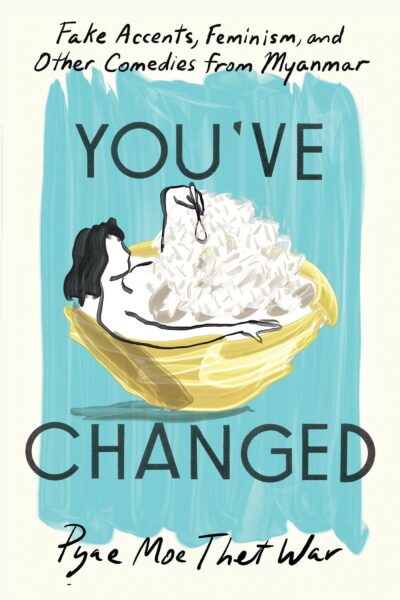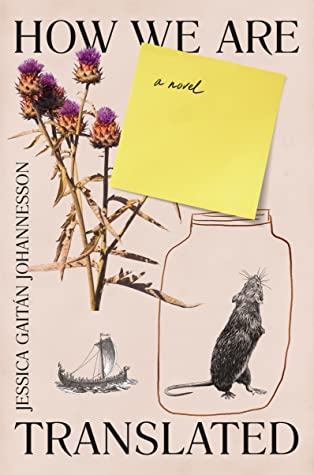You’ve Changed – Pyae Moe Thet War
In this sensitively observed collection, the freedom to define oneself is achieved not only through the rebellion against cultural constraints, but also the embrace of the provisional nature of identity.
Randhawa has a control over language that I rarely encounter. There is a feeling of each word having been specifically selected, purposeful descriptions that alter the way we talk about the things around us.
The sparsity of text keeps the reader at a remove from Mara, as she is trying to keep herself at a remove from her own mind.
None But the Righteous – Chantal James
While these canyons lead to Louisiana and through Hurricane Katrina’s pummeling, the overarching project of None But the Righteous is to situate this region and its most recent catastrophic event, within a wider and longer history of canyons and of pummeling.
Philosophy of the Sky – Evan Isoline
For the readers who are keenly aware of their experiences of love, hatred and pain for, and fear of, the self, Isoline’s poetry will offer useful approximations of the vocabulary needed to meet them peacefully and poetically.
Bewildered by All This Broken Sky – Anna Scotti
These poems make evident that this kind of boundless love — love we take care of, love we’re sure to name as such — is the key, the only real salvation available.
How to Build a Home for the End of the World – Keely Shinners
When we are all sick, all the time (as we are now), and it is not seen as abnormal (as it is now), we can take care of each other. This is what capitalism desperately wants us to not do.
How We Are Translated – Jessica Gaitán Johannesson
In her debut novel, Johannesson brings forth discussions that have long existed (the experience of being between languages) as well as new ones (contemporary tensions over displaced people), joining the two under one specific idea: translation.
The History of America in My Lifetime – Brooks Sterritt
A satire of our data-driven societies, of modern surveillance systems, and of the irrationality of the Western world, it is a novel about capitalist America and our struggle to understand it.
Seçkin adds an interesting nuance by depicting how feelings of appropriation can play out at a more intimate, family level.











